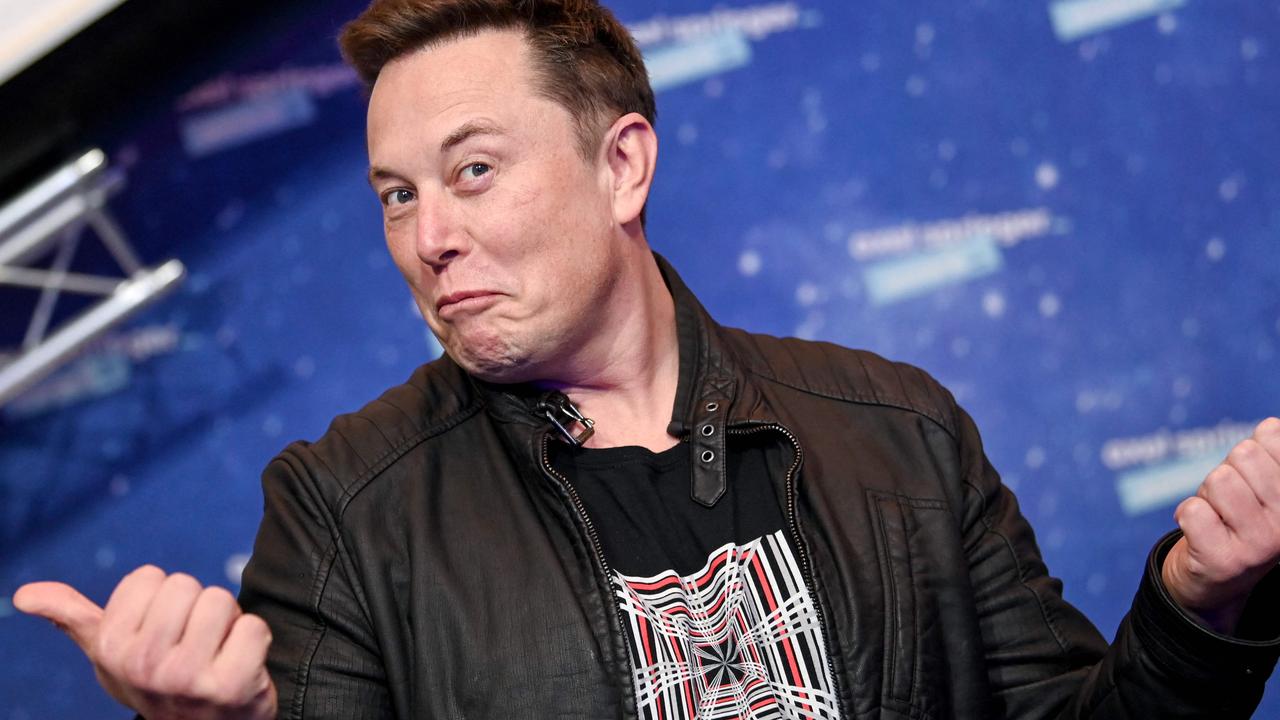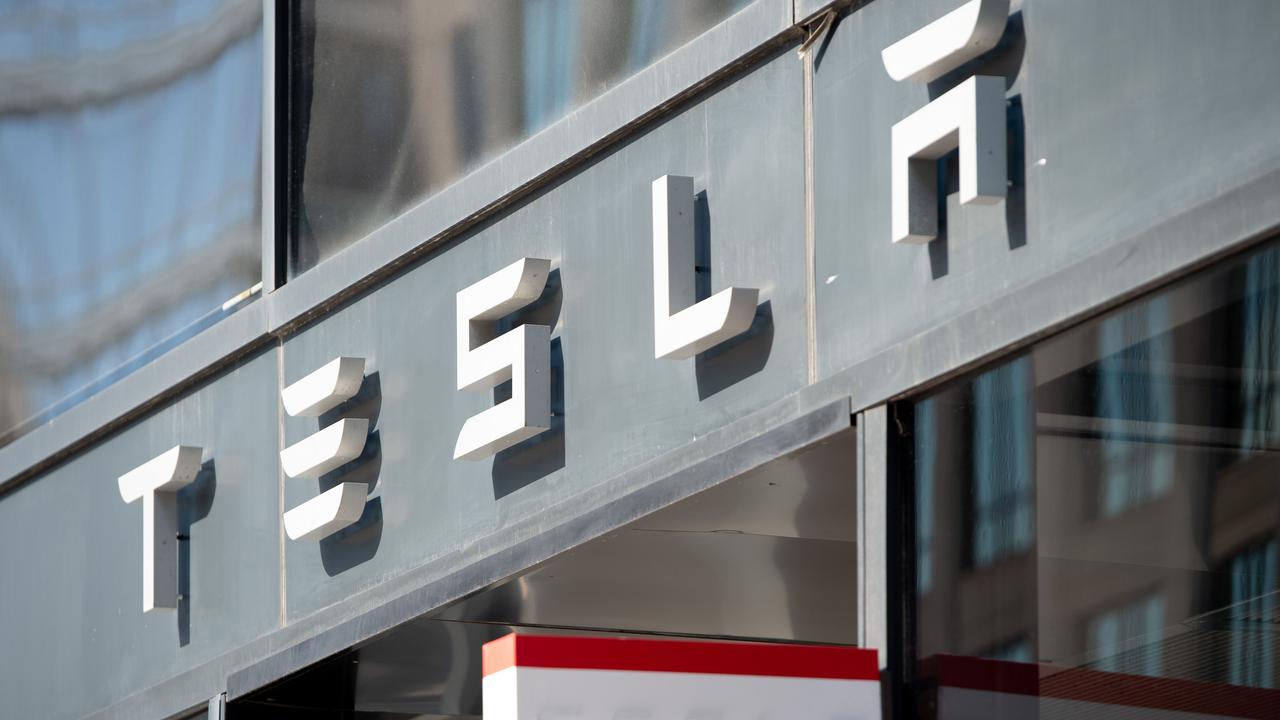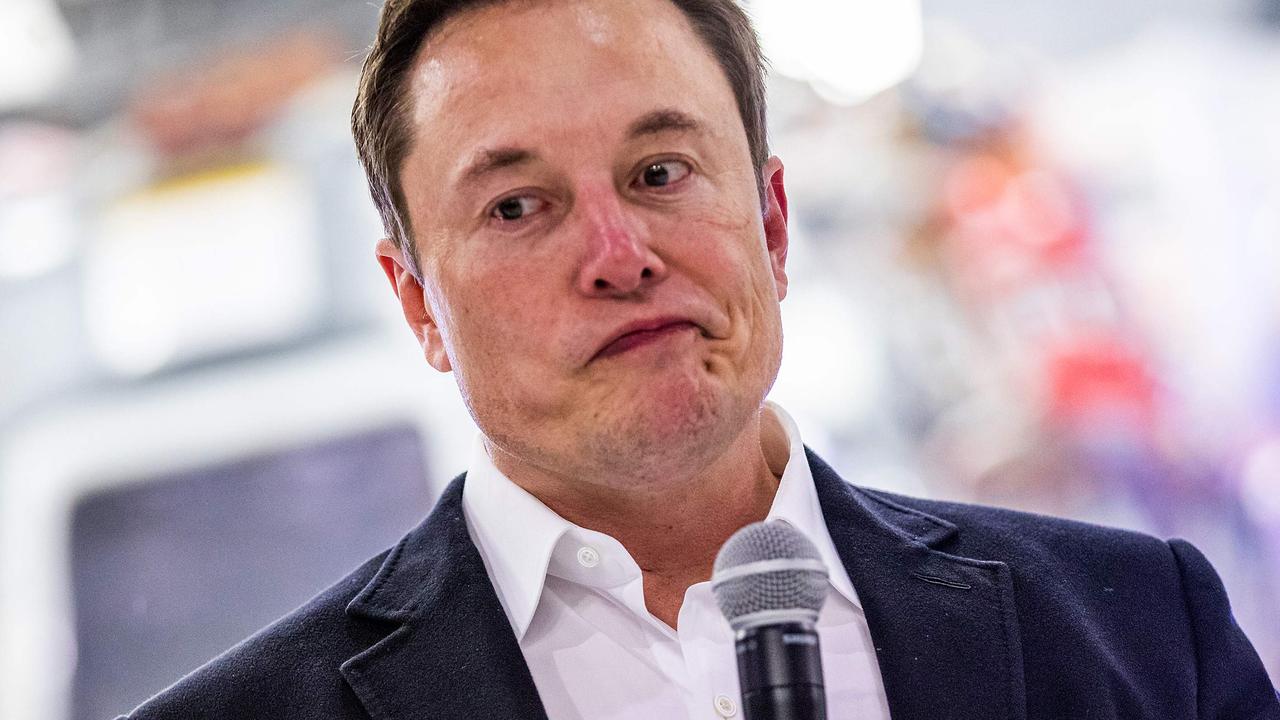
This article is more than
3 year oldThe diktat from the world’s richest man came in a leaked email which he appeared to later confirm was genuine. He replied to a tweet questioning the plan by saying employees who didn’t wish to come back to the office for at least 40 hours a week should “pretend to work somewhere else”.
In recent months, Musk has railed against what he sees as a poor work ethic in the US, despite the average American working longer hours than most first-world countries.
The Tesla chief has praised Chinese workers for “burning the 3am oil”.

On Tuesday, a Twitter account in the name of Sam Nissim tweeted a screenshot of what appeared to be an email from Musk to his executives.
“Anyone who wishes to do remote work must be in the office for a minimum (and I mean *minimum*) of 40 hours per week or depart Tesla,” the email stated.
“This is less than we ask of factory workers”.
Given a five-day working week of eight hours per day equals 40 hours, that would leave little time to actually work from home.
“If there are particularly exceptional contributors for whom this is impossible, I will review and approves this exceptions directly,” the email continued.
“Moreover the office must be a main Tesla office, not a remote branch office unrelated to the job duties.”
#Tesla no longer allowing remote work@TeslaPodcast @SawyerMerritt @WholeMarsBlog @garyblack00 @GerberKawasaki pic.twitter.com/DKAgh9ptSX
— Sam Nissim (@SamNissim) June 1, 2022
The email used the example of a human resources manager for the Tesla factory in Fremont, near San Francisco. It would be unacceptable for them, for instance, to do their job away from Fremont, Musk said.
It was not clear if the email only demanded executives return to the office or them and all their staff as well.
The original post was retweeted by an account called Whole Mars Catalog, which asked: “Hey Elon, any additional comment to people who think coming into work is an antiquated concept?”
“They should pretend to work somewhere else,” Musk replied early on Wednesday morning, although he didn’t directly confirm the email was authentic.
The US has some of the loosest workplace laws in the developed world. Most staff can be fired for no reason whatsoever, the only recourse for the employee would be if they could prove their sacking was motivated by discrimination – for example if they were let go because of their race, gender, disability or sexuality.
As such, Tesla would largely be allowed to rid itself of staff who didn’t come back into work for 40 hours a week.

Musk’s swipe at US workers
Last month, Musk took a swipe at the work ethic of Americans in a discussion at a conference on the future of cars, organised by UK newspaper the Financial Times.
“There’s just a lot of super talented and hardworking people in China that strongly believe in manufacturing,” he told the FT.
“And they won’t just be burning the midnight oil. They’ll be burning the 3am oil. So they won’t even leave the factory type of thing.
“Whereas in America, people are trying to avoid going to work at all.”
In April, it emerged Tesla workers at its Shanghai factory would sleep at the factory for several weeks due to the city’s harsh lockdown.

Workers at the China plant were reportedly given a sleeping bed and mattress to bed down on.
It was part of a “closed loop” system designed to isolate staff from the outside world so production could ramp up.
It’s been claimed that Musk has been seen, in the past, asleep at Tesla facilities. He was snoozing away under desks and even on the factory floor itself.
In 2018, he told the Recode Decode podcast that when the Tesla Model 3 car was being produced he would work seven days a week and “sleep for a few hours, work for a few hours”.
He said that at times he worked 120 hours. With 168 hours in a week, that would leave fewer than seven hours a day off the clock.
But he didn’t recommend 120 hour weeks being normalised, he said.
Just 40 hours in the office will suffice.